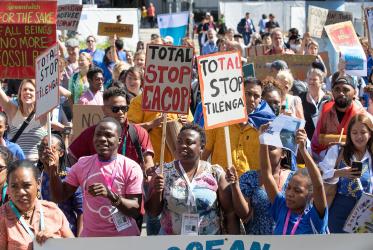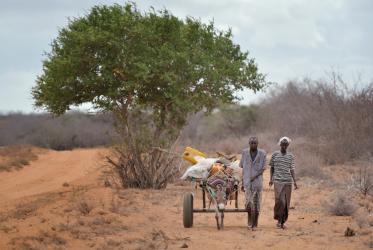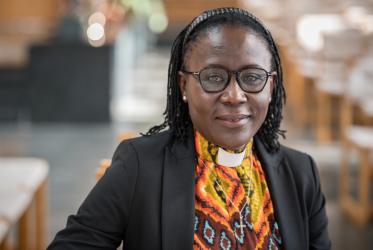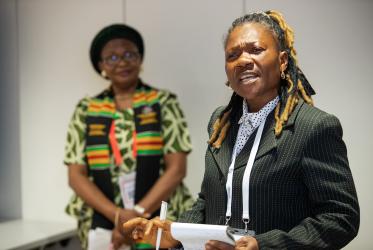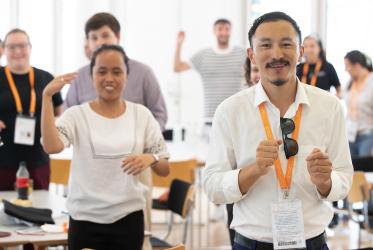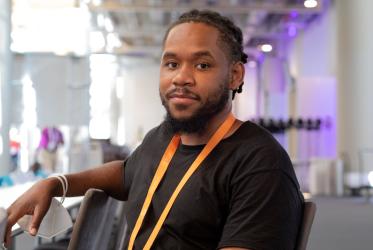Displaying 21 - 40 of 83
Churches respond to Malawi cyclone disaster
29 March 2023
HIV and AIDS Civil Society Networks and the Faith Sector
Lessons Learnt from Strategic Engagement in India, Dominican Republic, Indonesia, and Jamaica
31 January 2023
Pandemic and pedagogy: what are the valuable lessons?
21 December 2022
Assembly workshop looked toward ending AIDS epidemic by 2030
19 September 2022
Pan-African women tell stories that celebrate who they are
15 September 2022
Christ’s Love (Re)moves Borders – GETI 2022 in images
13 September 2022
Reflections from GETI underscore friendship coupled with knowledge
13 September 2022
Aspiring therapist opens his mind to different beliefs
13 September 2022
Dear future steward
08 September 2022
